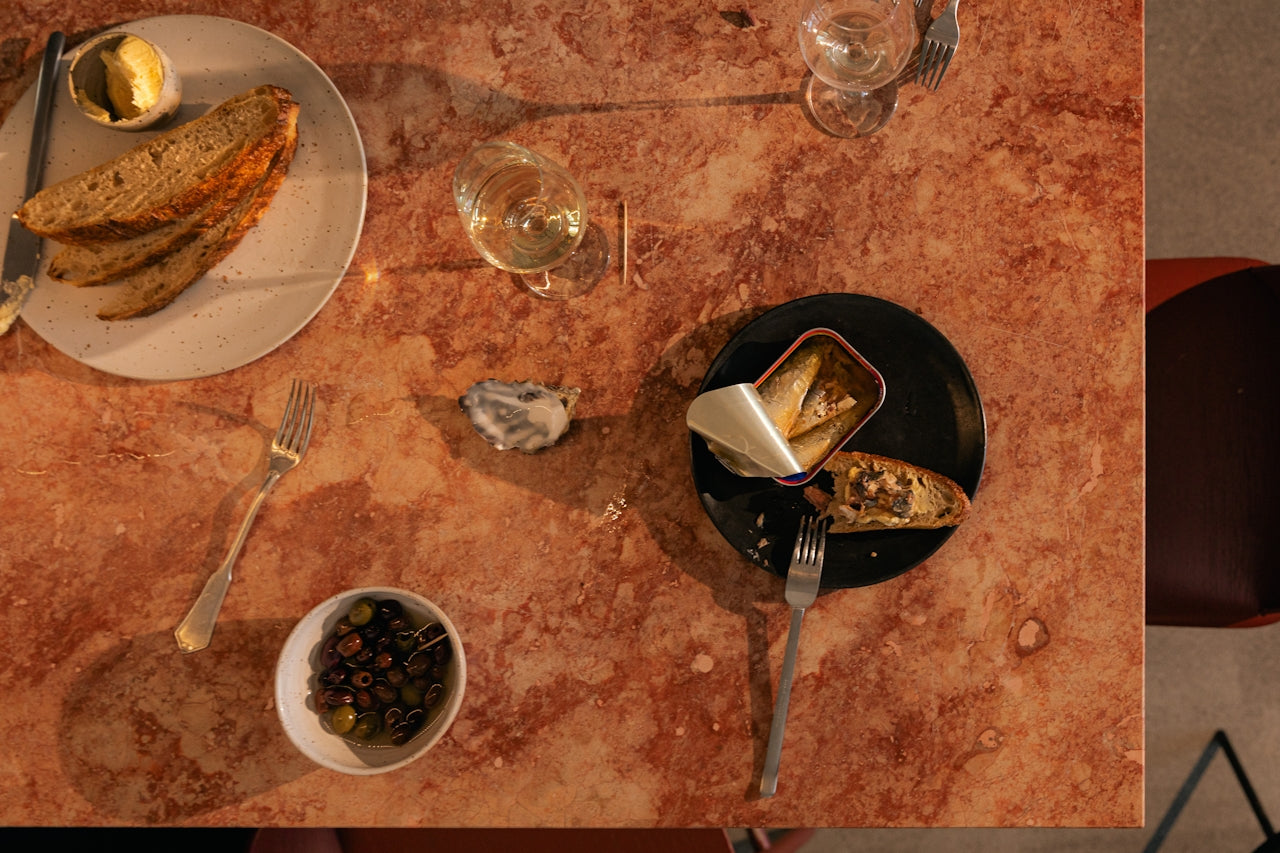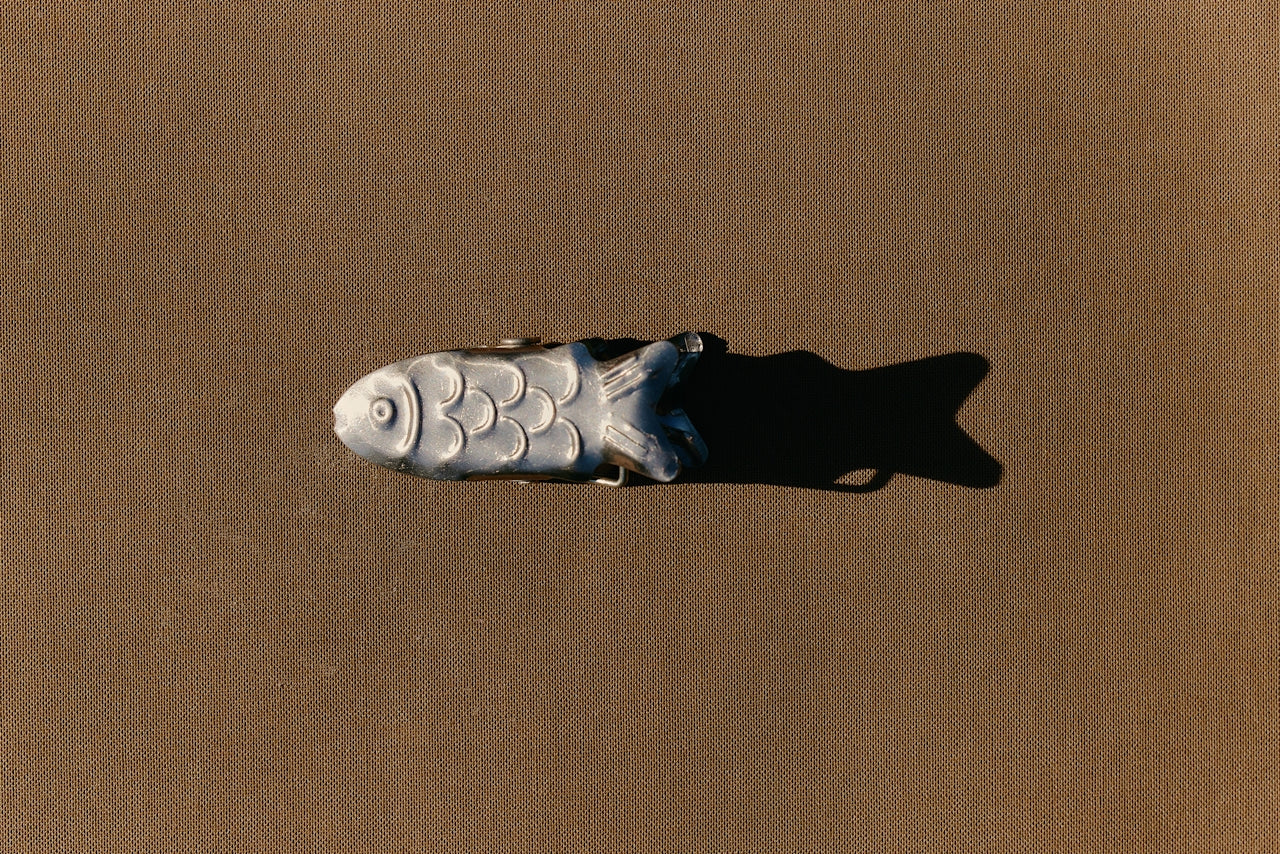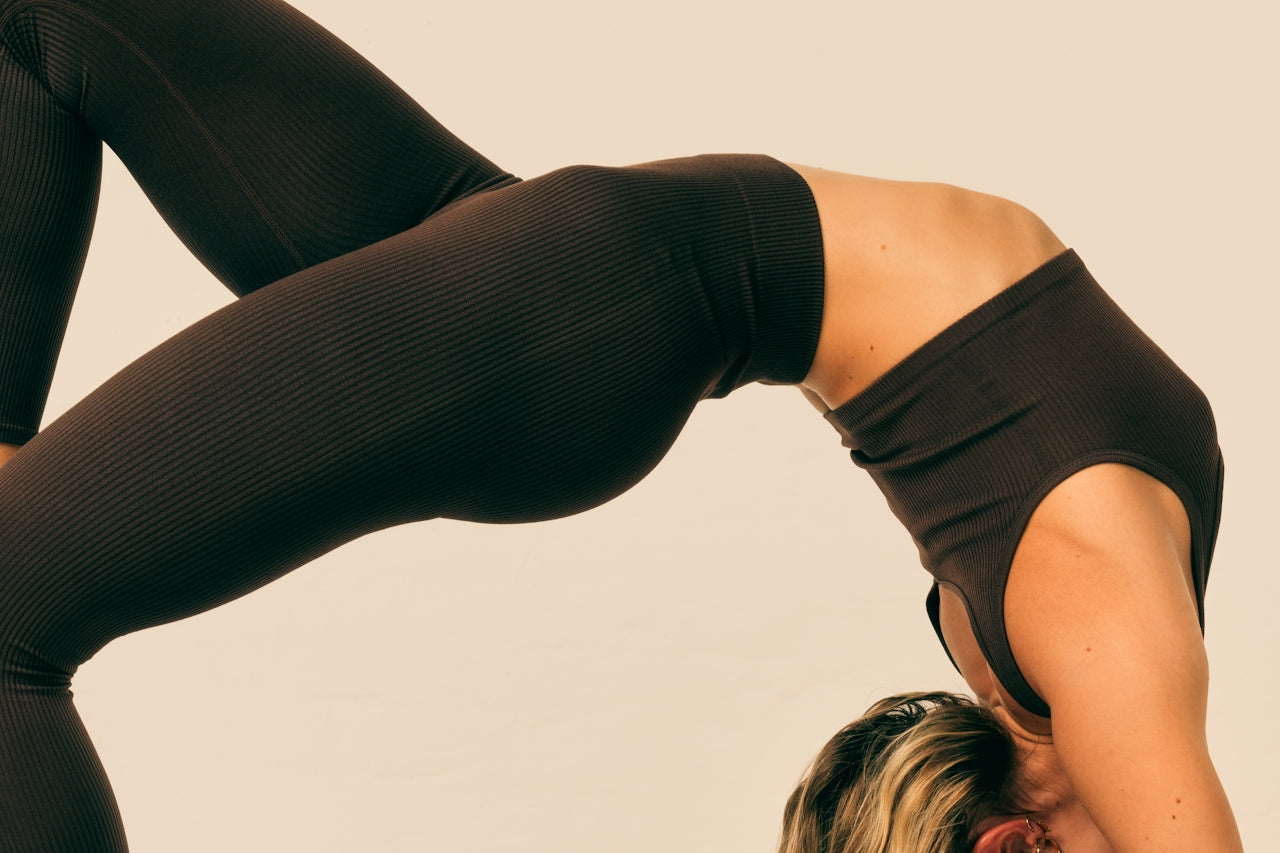Nutritional Tips to Boost Hair Health for Men with Thin Hair
Hair loss and thinning can be a significant concern for many men, impacting not just their appearance but also their self-esteem. Fortunately, the right nutritional choices can make a substantial difference. Eating well is not just about keeping fit; it’s about giving your body the essential nutrients it needs for healthy, thicker hair. This blog aims to guide you through some effective nutritional tips that can help rejuvenate thinning hair, specifically tailored for men.
- Understanding the Nutrient-Hair Connection
- Essential Vitamins and Minerals for Hair Health
- Best Foods to Incorporate into Your Diet
- Lifestyle Tips for Enhancing Hair Health
- When to Consider Supplements
Understanding the Nutrient-Hair Connection
The health of your hair is tightly linked to your overall nutrition. Keratin, a protein, is the main building block of hair, and your body needs a variety of nutrients to produce it efficiently. Nutrients like vitamins, minerals, and proteins play a crucial role in hair follicle health, growth rate, and the strength of the hair strand.
Essential Vitamins and Minerals for Hair Health:
Vitamin A
All cells need vitamin A for growth, including hair, the fastest growing tissue in the human body. Vitamin A helps skin glands make an oily substance called sebum, which moisturises the scalp and helps keep hair healthy. However, excessive amounts can lead to toxicity and can actually cause hair loss, underscoring the need for balance.
B-Vitamins
Biotin (B7) is especially well-known for its role in hair health. Other B-vitamins help create red blood cells, which carry oxygen and nutrients to the scalp and hair follicles. These processes are important for hair growth. You can get B-vitamins from many foods, such as whole grains, almonds, meat, fish, seafood, and dark, leafy greens.
Vitamin C
Free radical damage can block growth and cause your hair to age. Vitamin C is a powerful antioxidant that helps protect against oxidative stress caused by free radicals. Additionally, your body needs vitamin C to create a protein known as collagen — an important part of hair structure. Citrus fruits, strawberries, and peppers are excellent sources of vitamin C.
Vitamin D
Low levels of vitamin D are linked to alopecia, a technical term for hair loss. Research also shows that vitamin D may help create new follicles — the tiny pores in the scalp where new hair can grow. Vitamin D is thought to play a role in hair production, but most research focuses on vitamin D receptors.
Iron
Iron helps red blood cells carry oxygen to your cells. This makes it an important mineral for many bodily functions, including hair growth. Iron deficiency, which causes anaemia, is a major cause of hair loss. It’s especially common in women, but men with thin hair can also benefit from increasing their iron intake.
Best Foods to Incorporate into Your Diet
Incorporate a variety of these foods into your diet to combat thin hair:
- Spinach and other dark leafy greens for iron, folate, and vitamins A and C
- Eggs for protein, biotin, and B-vitamins
- Berries, oranges, and bell peppers for antioxidants and vitamin C
- Fish like salmon for omega-3 fatty acids, protein, and selenium
-
Nuts and seeds for omega-3 and omega-6 fatty acids, vitamins E and B
Lifestyle Tips for Enhancing Hair Health
Besides nutrition, there are several lifestyle changes that can help:
- Managing stress: Stress can influence hair loss, so it’s essential to manage stress through techniques such as mindfulness, yoga, and adequate sleep.
-
Hair care practices: Avoid harsh hair treatments and heating tools. Opt for gentle hair care products designed for thin hair.
When to Consider Supplements
If you’re unable to get enough nutrients from your diet, supplements might be a useful addition. However, it’s essential to consult a healthcare provider before beginning any supplement regimen, especially since some vitamins can be harmful in excess.
Conclusion
Improving your diet and adjusting some of your lifestyle habits can significantly impact the health of your hair. By incorporating these nutritional tips into your daily routine, you can give your hair the best chance to be stronger and healthier. Whether you’re dealing with age-related thinning or just want to improve your hair’s appearance, these tips provide a great starting point. Remember, the changes won’t happen overnight, but with persistence and consistency, you’ll likely see improvements.




